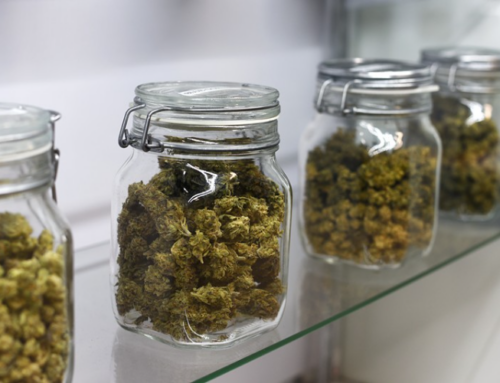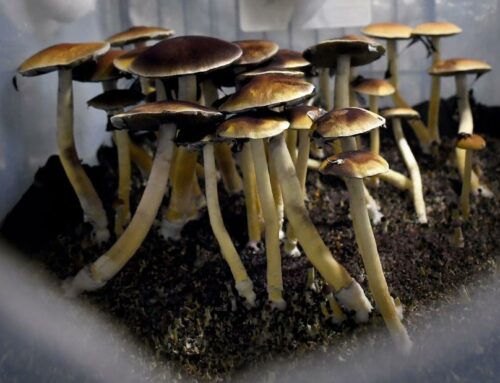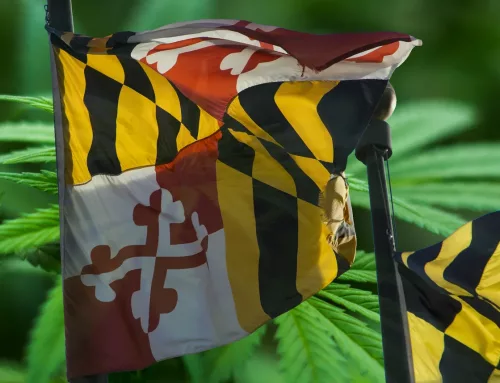FDA Issues First Ever Guidance for Research of Psychedelics
NEW YORK-In a noteworthy stride toward potential shifts in medical practices, the Food & Drug Administration (FDA) has introduced a draft guidance that could pave the way for researchers to explore the use of psychedelics in addressing serious medical conditions such as major depressive disorder, PTSD, and substance use disorders. This novel move marks the FDA’s initial foray into offering a framework for various research entities venturing into controlled substance studies, with the overarching aim of laying a foundation for transformative clinical trials.
The FDA’s acknowledgement of the growing intrigue within the scientific community regarding the therapeutic possibilities of psychedelic compounds holds substantial significance. Yet, it also underscores the considerable obstacles inherent in devising clinical studies that comprehensively investigate the safety and efficacy of these complex substances. Dr. Tiffany Farchione, Director of the Division of Psychiatry in the FDA’s Center for Drug Evaluation and Research, has emphasized the preliminary promise that psychedelics offer, while underscoring their investigational nature. These substances, she has underscored, remain “investigational products,” teetering on the edge of exploration.
The release of this guidance signifies the FDA’s intent to confront the intricate challenges that underpin the establishment of comprehensive psychedelic drug programs. By outlining a systematic framework, it endeavors to equip researchers with the tools required to adeptly navigate these multifaceted obstacles. Dr. Farchione has articulated a clear ambition: to facilitate the design of studies that yield intelligible results, capable of substantiating future drug applications.
This unfolding narrative unfolds against the backdrop of a burgeoning public inclination towards the integration of psychedelics into medical interventions. This societal wave is mirrored by a growing enthusiasm within the medical community to explore alternative treatment avenues involving these enigmatic substances. Supported by an array of studies, FDA endorsements, and official announcements, scientific evidence underscores the potential of psychedelic and entheogenic treatments, when administered within a controlled environment, boasting a notable success rate. The range of ailments encompassing addiction, traumatic brain injury, depression, and PTSD have all shown potential for positive outcomes.
In this context, the FDA’s encompassing categorization of “psychedelic” includes both “classic” psychedelics like psilocybin and lysergic acid diethylamide (LSD), and entactogens or empathogens like methylenedioxymethamphetamine (MDMA). While ketamine, a well-established FDA-approved anesthetic, has been gaining traction among clinicians for depression treatment, it’s crucial to note that its application for psychiatric disorders remains unapproved and falls outside the purview of the recent FDA guidance. An exception to this is Spravato (esketamine), a Schedule III controlled substance authorized by the FDA in 2019 as a nasal spray for treatment-resistant depression and major depressive disorder accompanied by acute suicidal tendencies.
The therapeutic potential of psilocybin continues to ascend within the realm of neurological and mental health care. The FDA’s approval of an investigational new drug application about a year ago marked a pivotal step towards clinical evaluation of psilocybin for anorexia patients. Building on this progress, numerous state and local governments have initiated discussions surrounding the use of psychedelics. Denver, Colorado, blazed the trail by decriminalizing psilocybin in May 2019. Subsequently, locales including Ann Arbor, Michigan, Somerville, Massachusetts, Washington D.C., Seattle, Washington, and Cambridge, Massachusetts, have followed suit, decriminalizing the possession, usage, and cultivation of psychedelic mushrooms. Oregon set a precedent with the passage of Ballot Measure 109 in 2020, formally decriminalizing psilocybin and expanding its application for therapeutic purposes. Colorado echoed this sentiment in 2022. In January of this year, an Illinois legislator introduced a proposal to establish a government agency tasked with advising, licensing, and facilitating the provision of psilocybin services, thereby demystifying its application.
Amidst these developments, the FDA’s comprehensive guidance emerges as another noteworthy stride towards an overarching transformation. It’s imperative to acknowledge that, while progress is evident, these substances remain entangled in complex legal frameworks under federal law. Psilocybin, LSD, and MDMA continue to bear the classification of Schedule I substances under the Controlled Substances Act, reserved for substances considered to possess a high potential for abuse without recognized medical utility.
In essence, the FDA’s meticulous guidance serves as a guiding light within the intricate maze of medical potential, edging incrementally closer to a potential shift in legalization. As the agency opens a dialogue for comments until August 25, 2023, stakeholders in the industry are invited to contribute their perspectives to this unfolding narrative. While navigating a landscape rife with legal intricacies, this juncture portends an evolving trajectory, hinting at a future where the untapped potential of psychedelic therapies could stand as cornerstones of medical progress.




































